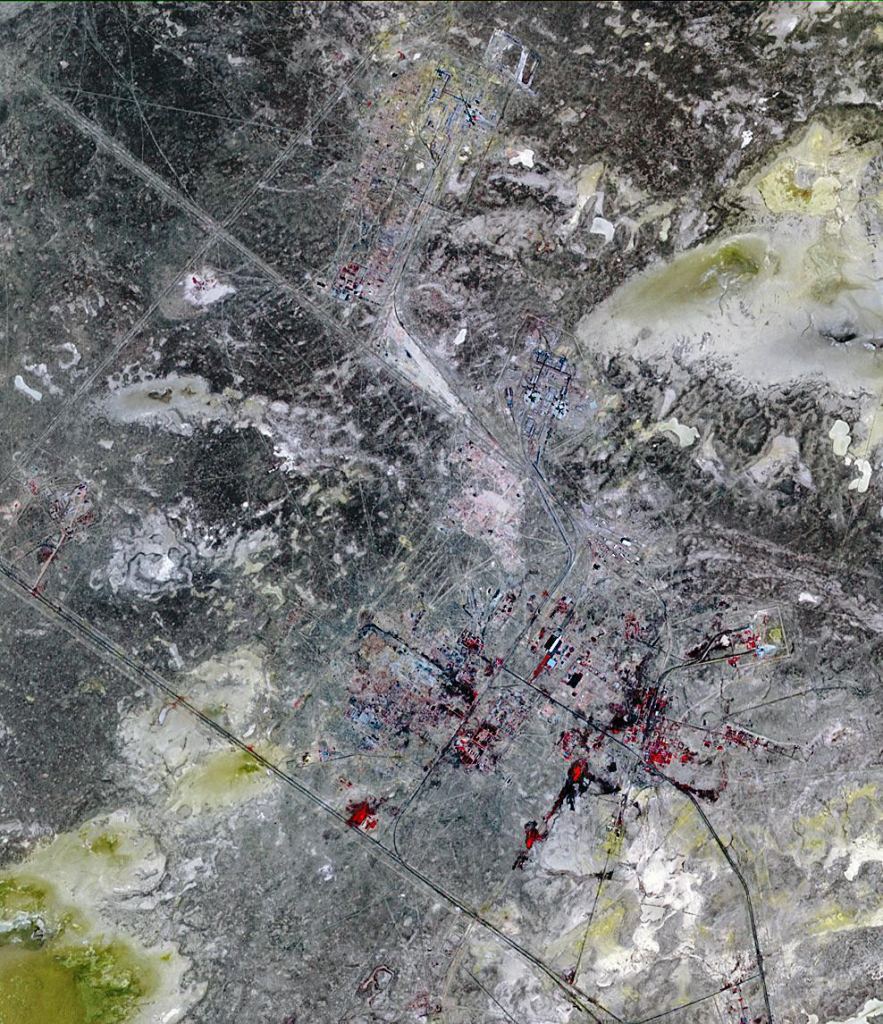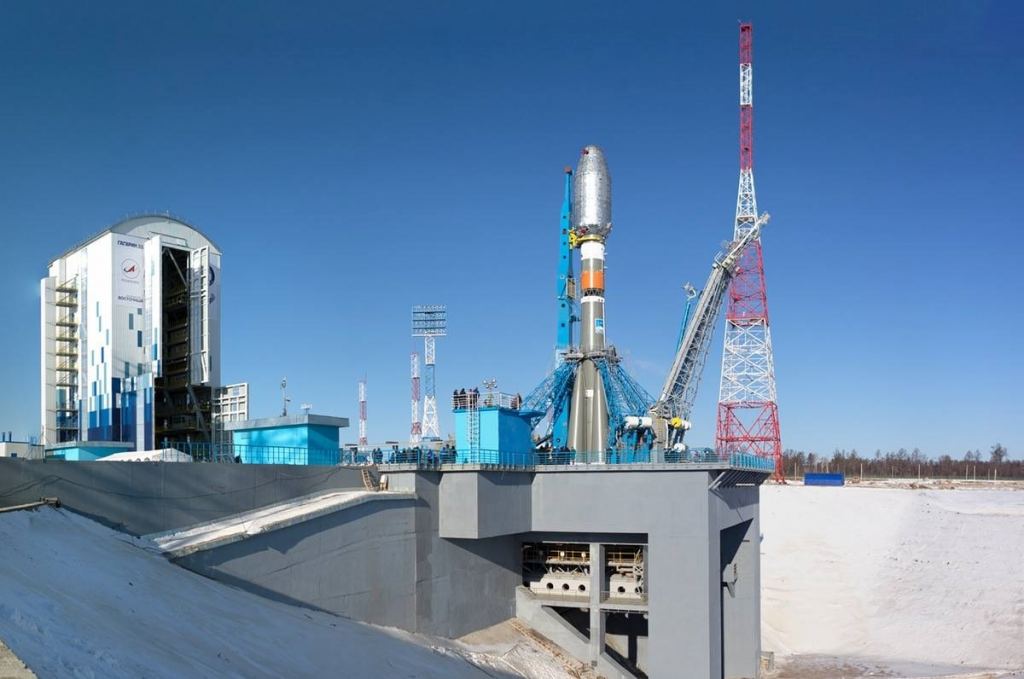In February 2022, Russian military forces invaded Ukraine as part of what President Vladimir Putin described as a “limited military operation.” This operation quickly turned into a protracted war now in its second year. For Russia, the response from the international community has been anything but favorable, consisting of sanctions, embargoes, and the termination of programs. This has been especially true for Roscosmos, which has had several cooperative agreements canceled and terminated its participation in the International Space Station (ISS).
On March 7th, 2023, Kazakhstan seized control of the Biaterek launch complex at the Baikonur Cosmodrome – Russia’s main launch site since 1955. According to statements by KZ24 News and The Moscow Times, the Kakazh government has impounded Russian assets at the Center for Utilization of Ground-based Space Infrastructure (TsENKI), a subsidiary of Roscosmos. It is also preventing Russian officials from leaving the country or liquidating Roscosmos assets. This incident is another example of how Russia’s space program is suffering collateral damage from the war in Ukraine.
According to The Moscow Times, the decision was made because the Russian state company failed to pay its debts to the Kazakh government, which are now over 13.5 billion tenges (2.258 billion rubles; $29.7 million). This debt is part of the “Baiterek” program, a Kazakh-Russian joint venture related to the development of the Soyuz-5 booster. This program was created in 2005 to speed the transition from launch vehicles that rely on highly-toxic unsymmetric dimethylhydrazine (UDMH) – aka. “heptyl” fuel (C2H8N2) – and adopting ecologically safe propellants and launch practices.
 Image acquired by NASA’s Terra spacecraft. Credit: NASA/GSFC/METI/ERSDAC/JAROS/ASTER
Image acquired by NASA’s Terra spacecraft. Credit: NASA/GSFC/METI/ERSDAC/JAROS/ASTER
Other sources attribute this recent decision to “incorrect behavior” and harsh statements on behalf of Yuri Borisov, who became the head of Roscosmos in 2022 as part of an administrative shakeup. Last year, construction of the Soyuz-5 launch pad was pushed back by six months, leading Borisov to criticize the delay in general and Kasakhstan’s Minister of Communications (Bagdat Musin) in particular. Musin is directly engaged in Kazakhstan’s space industry and responded in kind, calling Borisov’s remarks a “diplomatic miscalculation.”
The travel ban and the hold on Roscosmos assets extend to the head of the TsENKI unit, who is under arrest pending the completion of the investigation. The purpose of Baiterek was to estimate the environmental impact of conducting regular launches with the Soyuz-5, which relies on a combination of kerosene and liquid oxygen (LOX). According to the KZ24 News report, this seizure has slowed the construction of a new launch pad at Baikonur and may jeopardize the rocket’s development.
“A ban on utilizing resources and conducting financial operations, as well as instability in negotiating positions as a whole are slowing down the priority direction of work at Baikonur, namely the construction of a new launch pad for the Soyuz-5 Booster,” says the report. So far, Russia has invested 62 billion rubles ($810 million) in the booster, the construction of the new launch pad, and related efforts. All of that could become a total loss at this point unless Russia can come to an arrangement with Kazakhstan on how to service its debts.
The Baikonur Cosmodrome was built in the 1950s as a test range for the R-7 Semyorka, the Soviet Union’s first intercontinental ballistic missile (ICBM) and the basis of the Sputnik, Vostok, Voskhod, and Soyuz launch vehicles. The test range was transformed by 1957 to service space launches and became the site where the first artificial satellite was sent into orbit (Sputnik 1) on October 4th, 1957. It was also here that the first man (Yuri Gagarin) went to space on April 12th, 1961 (Vostok 1), and the first woman, Valentina Tereshkova (Vostok 6), on June 16th, 1963.
 Russia’s Vostochny Cosmodrome (“Eastern Spaceport”) near the Russo-Chinese border in Amur Oblast. Credit: Wikimedia/Vladislav Larkin
Russia’s Vostochny Cosmodrome (“Eastern Spaceport”) near the Russo-Chinese border in Amur Oblast. Credit: Wikimedia/Vladislav Larkin
Since 1994, with the collapse of the Soviet Union, Russia has leased the site from Kazakhstan and continued to use it as its main space complex. In 2012, Russia began constructing a new launch complex to reduce its dependence on Kazakhstan called the Vostochny Cosmodrome in the far eastern Amur region near the Chinese border. However, the planning and construction of this complex have been delayed in recent years due to reports of embezzlement and fraud, leading to the arrest of many officials involved.
While Russia still has launch facilities throughout the country – like Kapustin Yar and the Plestsk and Svobodny Cosmodromes – they are either limited in terms of launch capacity, the types of launches they can support, or are no longer operational. As a result, the seizure of Baikonur’s facilities, Roscosmos assets, and the arrest of its officials have effectively grounded Roscosmos for now.
Further Reading: KZ24 News, RFERL, The Moscow Times

